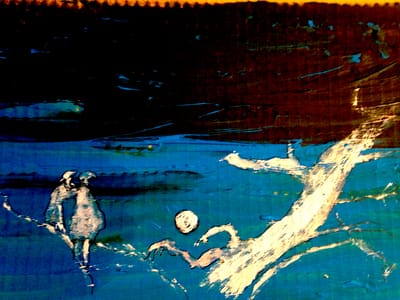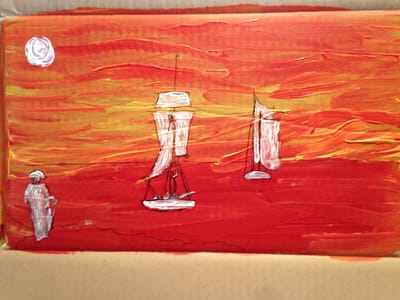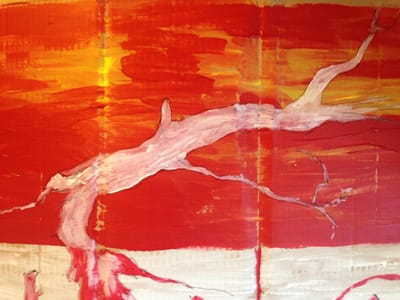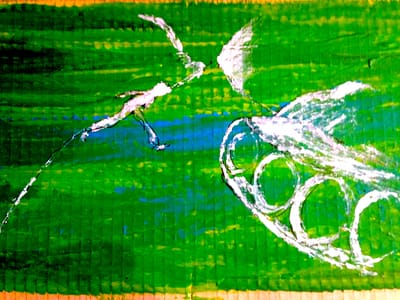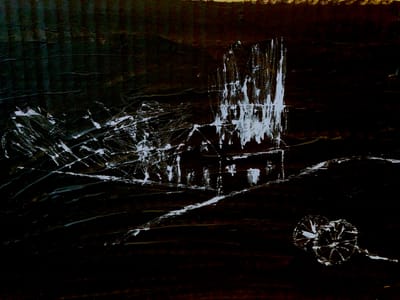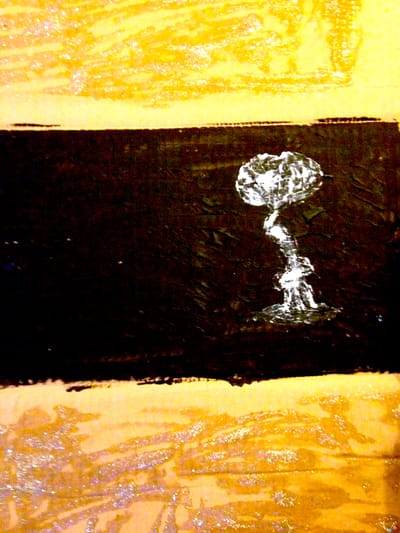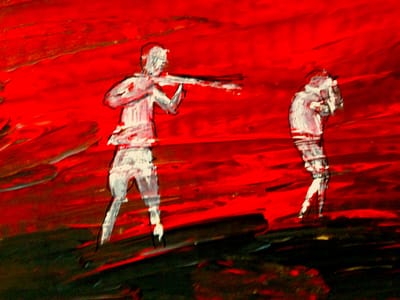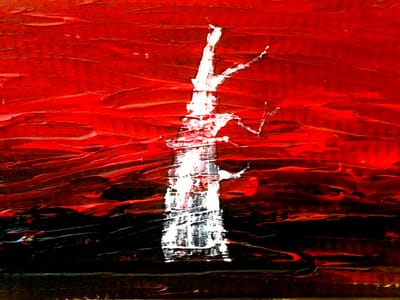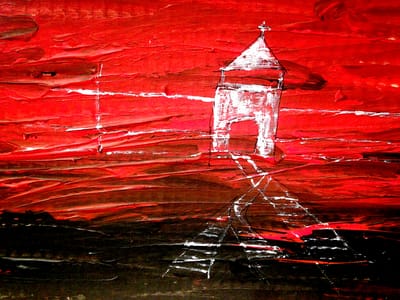Finding Meaning edited by Steven DeLay
In this series of articles, contributors from a variety of perspectives reflect on what the philosophical life means to them. In doing so, they do not attempt just to account for what personally led them to philosophy, but what philosophy itself has become today in the wake of “the death of God,” the age of nihilism. Phenomenologist Steven DeLay introduces a new occasional series of short essays about philosophy in the age of nihilism. The final one is by Ryan S Kemp.
Read MoreIn November of last year my mother-in-law, Rachel, died of ALS. Death by amyotrophic lateral sclerosis is horrific. A person’s voluntary muscles waste away, leaving them mentally alert and painfully aware of their steady march towards respiratory failure. Of course, calling it a march is misleading. The ALS patient is, early on, reduced to a wheelchair and dependent on caretakers to perform a host of tasks that, for most of us, constitute the threshold of dignity. Ryan S. Kemp completes Steven DeLay's series Finding Meaning in the age of Nihilism
Read MoreIn one of his short stories, the British writer M. John Harrison presents the tale of a lonely bookshop owner named Lucas who ruins his life in fruitless pining after an elusive phenomenon he calls Egnaro, after which the story is named. Mandel Cabrera continues Steven DeLay's series Finding Meaning in the age of Nihilism
Read MoreGrowing up in a working-class Italian immigrant family meant that for the better part of my childhood there were only two books in our home: the annual Sears catalogue and a copy of the Bible. The catalogue didn’t do much to satisfy my intellectual curiosity, but the Bible did inspire me to think beyond my present circumstances. So, in that respect, it primed me for philosophy, which I joyfully stumbled upon when I took my first elective in university. I haven’t looked back since. But the academic philosophy I soon discovered was not particularly friendly to the reasons of the heart. When spiritual and religious questions did come up, the professor would typically frame these as matters for which philosophy should have the last word. John Caruana continues Steven DeLay's series Finding Meaning in the age of Nihilism
Read MoreTimes of crisis invite us to move humbly from the knowledge we have toward an attention to the dynamic transformations of the sense of our life. This critical movement is at the core of the late elaborations of Edmund Husserl’s phenomenology. In the series of articles he wrote in 1923-1924 for the Japanese journal Kaizo , Husserl conceives of historical crisis as a chance to renew one’s life in times of loss and misery. Delia Popa continues Steven DeLay's series Finding Meaning in the age of Nihilism
Read MorePhilosophy in “the great tradition” beginning with Socrates aims to provide wisdom for living, grounded in a deep understanding of human nature and human flourishing in relation to the larger orders (social, cosmic, etc.) that humans inhabit. It is primarily in this sense that the tradition responds to the Delphic injunction to “know thyself.” Aaron Preston continues Steven DeLay's series Finding Meaning in the age of Nihilism
Read MoreA curious feature of one of Nietzsche’s most famous aphorisms – § 125 of The Gay Science– is his noting that the audience, upon whom the madman descends and delivers the “news” of the death of God, already “did not believe in God.” This would appear to make the madman’s arrival belated, and yet at the end of the passage – after stunning his audience into silence – he declares that he has come “too soon.” How are we to understand this? David R. Cerbone continues Steven DeLay's series Finding Meaning in the age of Nihilism
Read MoreI completed a dissertation on the social epistemology of science in 1997 at the University of Western Ontario, in Canada. My dissertation was titled “The role of community in inquiry”. It was quite traditional with respect to methodology. I examined and evaluated various philosophical arguments that aimed to support claims about various respects in which science is said to be social. K Brad Wray continues Steven DeLay's series Finding Meaning in the age of Nihilism
Read MoreI suspect that nearly all contemporary philosophers came to discover the discipline in their late teenage years, in their first year of college. Given the structure of a course of study at university, this almost always means that if someone decides to seriously study philosophy, they have to abruptly adjust the picture they have of their life. The philosophical life is something that most philosophers catch, it is not something we grow up wishing to pursue. Steven Haug continues Steven DeLay's series Finding Meaning in the age of Nihilism
Read More“There is more than one kind of freedom, said Aunt Lydia. Freedom to and freedom from. In the days of anarchy, it was freedom to. Now you are being given freedom from. Don’t underrate it.” So we hear from Margaret Atwood in the modern classic The Handmaid’s Tale. Reading dystopian novels by Margaret Atwood during a global lockdown might not have been the best idea. Or so I kept repeating to myself during the restless nights of spring 2020. Katerina Koci continues Steven DeLay's series Finding Meaning in the age of Nihilism
Read MoreHans-Georg Gadamer often remarked that the long path of thinking of his teacher Martin Heidegger ultimately amounted to a search for God. Setting aside whether that thesis really does justice to Heidegger, I cannot help but suspect that it applies to my own philosophical journey. I grew up in a household with a Catholic mother and a secular–atheist father. The interplay between these orientations shaped my outlook. David Liakos continues Steven DeLay's series Finding Meaning in the age of Nihilism
Read MoreI didn’t go into philosophy because I was tormented by existential questions or because I was struggling to find meaning in life, or for any particularly deep or profound reason, and if you’d asked me then what I liked about philosophy, I would have said pretty much what I say when asked about it now: Philosophy takes up a number of interesting, eclectic, perennial, and sometimes deep questions with the aid of a useful, if limited toolset. At its best (and in conjunction with other things), it can help a person become more thoughtful in engaging with his or her humanity and the larger world. And that’s about it. Daniel Kaufman continues Steven DeLay's series Finding Meaning in the age of Nihilism
Read More